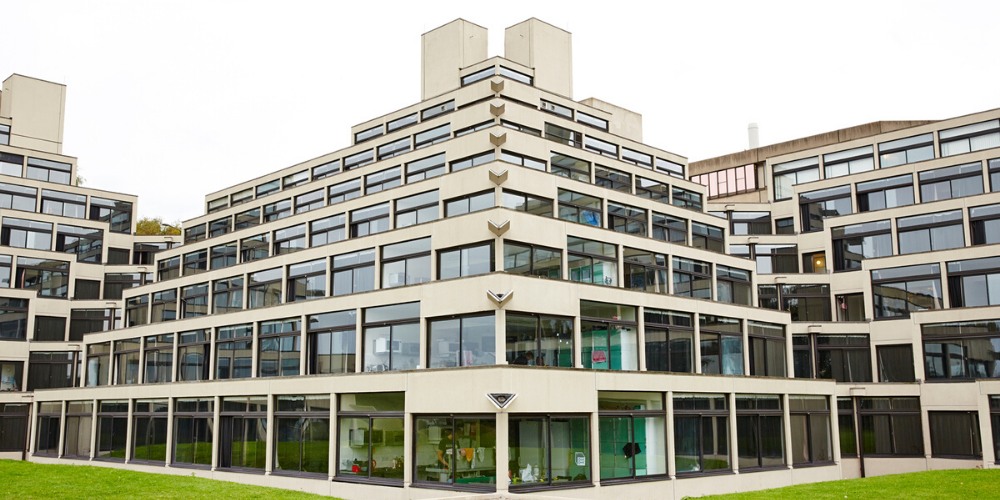The contemporary landscape of international security is incredibly dynamic, reflecting the complexities of global politics. From traditional concerns like conflicts and arms trade to pressing non-traditional issues such as environmental crises and human security, the field of international security is constantly evolving.
This is a particularly exciting moment to be studying this fast-changing subject. Our MA in International Security is designed to equip you with a thorough and in-depth understanding of contemporary global security challenges.
You’ll gain a comprehensive grounding in international security studies, focusing on developments since the end of the Cold War. International security issues arise within complex political, geopolitical, environmental, and social contexts, involving a broad range of state and non-state actors. Our MA helps you get to grips with classic topics in International Security, such as inter-state problems relating to the military, strategy, nuclear proliferation, and foreign policy. You’ll also explore broader contemporary issues, questions, and approaches, from the climate crisis to gender in world politics, international crime, and migrations.
Our teaching aims to prepare you for a future in international security, providing you with the analytical, theoretical and methodological tools you need to further your understanding and advance your career. This MA combines the study of the main international relations and international security theories with empirical analysis of contemporary security issues. Our teaching approach is both grounded and innovative: you'll find solutions to real-world challenges through practical individual and group projects as well as simulated exercises.
You’ll have the flexibility to tailor your learning by selecting optional modules, completing your degree with a dissertation that you’ll research and write independently on a subject of your choosing, with dedicated expert academic supervision.
You’ll be able to apply for internships in your School of study, notably to act as a research assistant for academics on relevant projects. Our many links with thinktanks and policymakers give our students exciting opportunities. For example, our postgraduate students recently visited the European Institute for Asian Studies (EIAS) in Brussels to work with their research assistants and UEA academics to produce policy briefs and op-eds for international publications.

